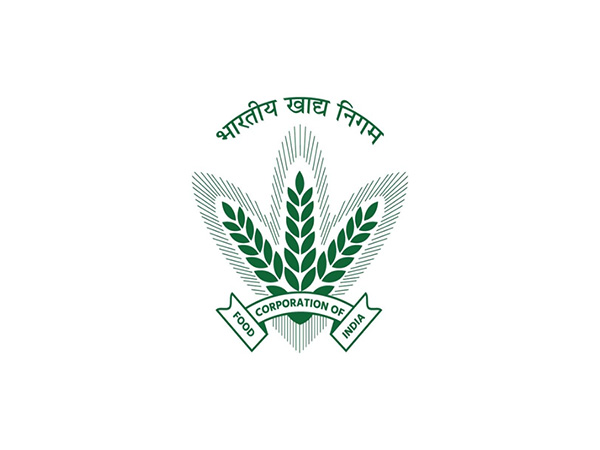Revolutionizing India's Grain Storage: The Rise of Modern Silos
India's traditional grain storage methods are being transformed by modern grain silos, which address issues of efficiency, cost, and sustainability. Through public-private partnerships, these state-of-the-art structures enhance food security by minimizing waste and utilizing advanced technologies, bridging gaps between farmers and markets, and providing weatherproof storage solutions.

- Country:
- India
In a significant transformation of India's approach to grain storage, modern grain silos are rapidly becoming the cornerstone of the country's agricultural infrastructure. Historically reliant on traditional warehouses and open-air storage, India has faced challenges in safeguarding its grain from environmental damage and pest infestations. These new-age silos are set to change that by enhancing efficiency, cost-effectiveness, and sustainability across the food supply chain.
The collaborative effort by the Department of Food & Public Distribution and the Food Corporation of India has introduced a promising model of state-of-the-art grain silos built through public-private partnerships. This initiative stands as a testament to the government's dedication to bolstering the nation's food security while embracing technological advancements in storage solutions.
Grain silos offer numerous benefits, such as optimized land use with their tall, compact structures and fully mechanized operations that reduce labor costs and improve grain handling precision. Their bulk handling capabilities negate the need for costly packaging materials, saving significant resources for the government. For farmers, grain silos bring a much-needed respite from the traditional mandi system, allowing for quicker and more efficient harvest sales directly to procurement agencies.
Moreover, these silos provide robust weatherproof storage, extending the shelf life and quality of grains, thus becoming vital pillars of enhanced food security. The adoption of modern silos marks a strategic investment in sustainable food management and positions India as a global leader in this domain. Moving beyond wheat, the expansion of silos to store diverse grains like rice, maize, and millets holds the promise of greater resilience against supply fluctuations and environmental challenges.
Ultimately, this initiative reflects a collaborative strategy that bridges the gap between the public and private sectors, leveraging the latest in technology and agriculture practices for a shared objective of securing India's food future. As this vision is realized, it promises to benefit stakeholders across the agricultural value chain, from farmers to consumers, and establishes a blueprint for future innovations in food storage and management.
(With inputs from agencies.)
ALSO READ
World Bank Approves $325M Agriculture Project to Boost Farmers’ Incomes in Uttar Pradesh
Exxon Mobil's Ambitious Expansion Strategy: Boosting Output and Embracing Sustainability
Revolutionizing Indian Agriculture: UPL-SAS's Innovative Strategy for Sustainability
UAE Champions Global Efforts to Combat Desertification and Boost Sustainability at COP16
UPL-SAS: Redefining Indian Agriculture with Tech and Innovation










